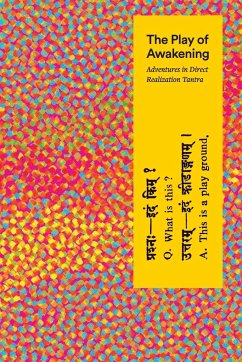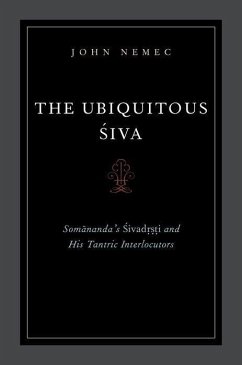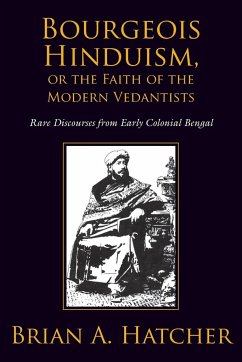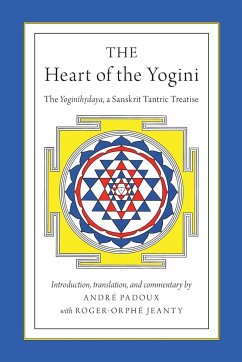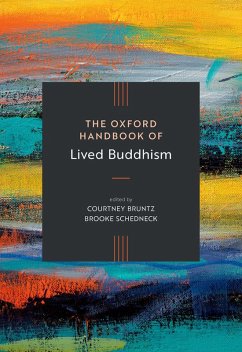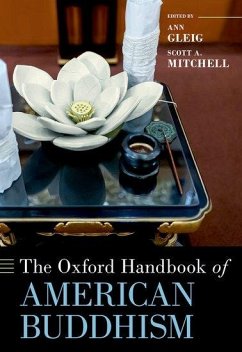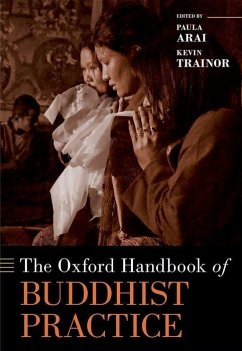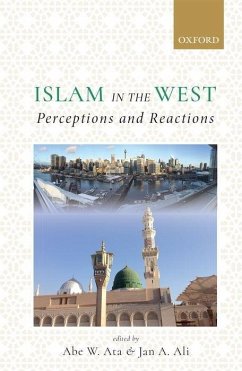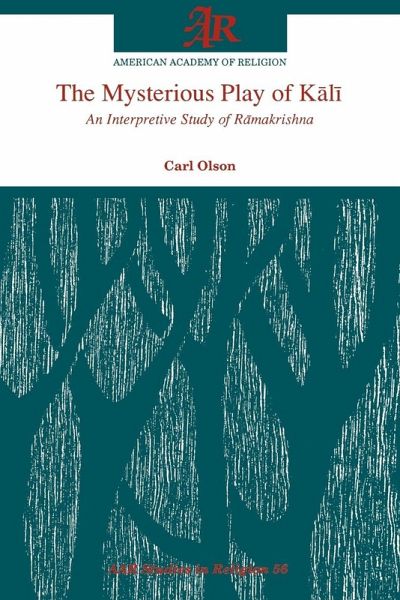
The Mysterious Play of K=al=i
An Interpretive Study of R=amakrishna
Versandkostenfrei!
Versandfertig in 1-2 Wochen
60,99 €
inkl. MwSt.

PAYBACK Punkte
30 °P sammeln!
Ramakrishna was a nineteenth-century Bengali devotee of Kali, the Hindu goddess of death and destruction. He assumed the demeanor and dress of a woman, acted like a monkey, a child, a madman, and a comedian at various times during his career. Using the concept of play (lila), as both spontaneous activity and dramatic performance on behalf of Kali, Carl Olson provides a interpretive key for unlocking Ramakrishna's life and his often contradictory forms of behavior. Olson places Ramakrishna in his social and historical context, examines his relationship to women, and investigates his status as a...
Ramakrishna was a nineteenth-century Bengali devotee of Kali, the Hindu goddess of death and destruction. He assumed the demeanor and dress of a woman, acted like a monkey, a child, a madman, and a comedian at various times during his career. Using the concept of play (lila), as both spontaneous activity and dramatic performance on behalf of Kali, Carl Olson provides a interpretive key for unlocking Ramakrishna's life and his often contradictory forms of behavior. Olson places Ramakrishna in his social and historical context, examines his relationship to women, and investigates his status as a mystery or stranger to his contemporaries.





